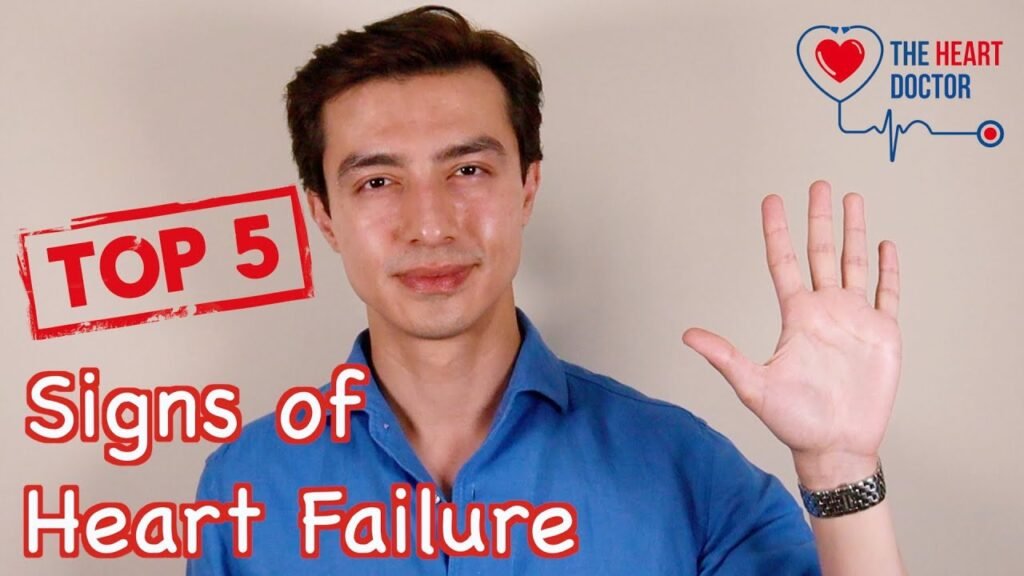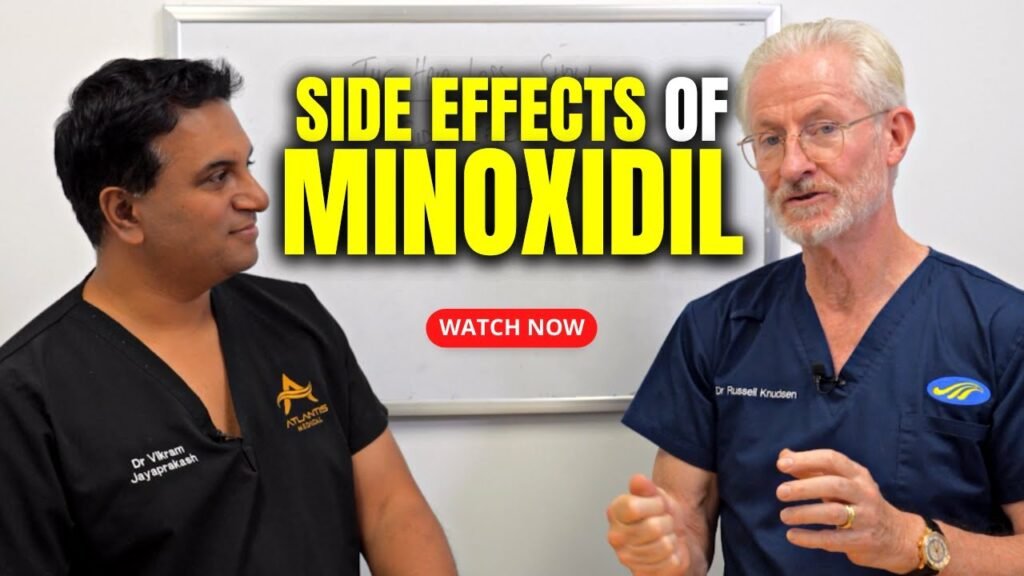Understanding Minoxidil: An Overview
Minoxidil is a well-known topical medication primarily used to treat hair loss and promote hair regrowth. Originally developed as an oral medication for high blood pressure, it was discovered to have the side effect of excessive hair growth, which led to its development as a topical solution for hair loss. Available in both liquid and foam forms, minoxidil is most commonly used to address androgenetic alopecia, a hereditary condition that results in thinning hair and baldness.
How Minoxidil Works
Minoxidil works by revitalizing shrunken hair follicles, increasing their size, and extending the growth phase of the hair cycle. This process is believed to be facilitated by the dilation of blood vessels in the scalp, which improves blood flow and nutrient delivery to the hair follicles. By creating a more conducive environment for hair growth, minoxidil helps to thicken existing hair strands and stimulate the growth of new ones. Consistency is key with minoxidil, as discontinuation of the treatment can lead to a reversal of its effects.
Who Can Benefit from Minoxidil?
Minoxidil is primarily targeted at individuals experiencing hair thinning and hair loss due to androgenetic alopecia, but it may also be beneficial for those with other types of hair loss conditions. While both men and women can use minoxidil, its important to note that the formulation and concentration may differ. For instance, a 5% concentration is typically recommended for men, while women often use a 2% solution to minimize the risk of side effects. Users should consult with a healthcare professional to determine the appropriate concentration and usage for their specific condition.
How Minoxidil Affects Heart Rate
Minoxidil is a well-known vasodilator primarily used to treat high blood pressure and hair loss. When considering its impact on heart rate, it’s crucial to understand how minoxidil functions within the body. Minoxidil works by relaxing and widening blood vessels, which can lead to a reduction in blood pressure. This vasodilation effect can, in turn, influence heart rate. As blood vessels expand, the heart may compensate by increasing its rate to maintain adequate blood flow and pressure throughout the body. This compensatory mechanism is a key reason why some individuals experience an elevated heart rate, or tachycardia, when taking minoxidil.
Mechanism of Action
Minoxidils impact on heart rate is largely due to its mechanism of action as a potent vasodilator. By relaxing the smooth muscles in the blood vessel walls, minoxidil causes a significant drop in peripheral vascular resistance. The bodys natural response to this drop is to activate the baroreceptor reflex, a physiological reaction intended to stabilize blood pressure. This reflex stimulates the sympathetic nervous system, leading to an increase in heart rate and cardiac output as the heart works harder to pump blood against the now-lowered resistance. This response is especially pronounced in individuals who take oral minoxidil for hypertension, as the systemic effects are more pronounced compared to topical applications.
Clinical Considerations
When prescribing minoxidil, healthcare providers often consider the potential cardiovascular effects, especially in patients with pre-existing heart conditions. An increase in heart rate can exacerbate certain conditions such as angina or heart failure. Therefore, minoxidil is often prescribed in conjunction with beta-blockers or diuretics to mitigate the rise in heart rate and to help manage fluid retention. Patients are advised to monitor their heart rate regularly and report any significant changes to their healthcare provider. Understanding these effects allows for better management of the drug’s impact on the cardiovascular system and helps ensure patient safety.
Top Signs Minoxidil is Affecting Your Heart Rate
Minoxidil, a popular treatment for hair loss, can sometimes have unexpected effects on the heart rate. One of the primary signs that Minoxidil is affecting your heart rate is the occurrence of palpitations. These are sensations where you feel your heart pounding or racing, which can be alarming if youre not used to them. Palpitations can be accompanied by a fluttering feeling in your chest, and they may become more noticeable when youre lying down or after physical activity.
Another significant sign is the experience of tachycardia, a condition characterized by a resting heart rate that exceeds the normal range. For adults, this typically means a heart rate over 100 beats per minute. If you notice that your heart is consistently beating faster than usual, it could be a sign that Minoxidil is influencing your cardiovascular system. Tachycardia can lead to other symptoms like dizziness, shortness of breath, or even chest pain, so its crucial to monitor these changes closely.
In addition to palpitations and tachycardia, some individuals may experience irregular heartbeats, also known as arrhythmias, when using Minoxidil. This can manifest as skipped beats or an erratic heart rhythm. If you find that your heartbeat feels irregular or if you detect any unusual patterns, its important to seek medical advice. Monitoring these symptoms can help you determine if they are indeed related to Minoxidil use or if another underlying condition may be contributing to the changes in your heart rate.
When to Consult a Doctor About Minoxidil and Heart Rate Changes
Minoxidil is a widely used treatment for hair loss, but like any medication, it can have side effects that require medical attention. One of the more concerning side effects that users may experience is a change in heart rate. Increased heart rate, or tachycardia, can occur as the body responds to the medication. If you notice a significant increase in your heart rate after starting minoxidil, it is crucial to consult a healthcare professional promptly.
Understanding the signs that warrant a doctors visit is essential for anyone using minoxidil. Signs to watch for include persistent or severe palpitations, chest pain, dizziness, or shortness of breath. If you experience any of these symptoms, it may indicate that the medication is affecting your cardiovascular system. In such cases, discontinuing use without medical advice is not recommended, as a doctor can provide guidance on whether you should adjust your dosage or switch to an alternative treatment.
Additionally, if you have pre-existing heart conditions or are taking other medications that affect heart rate, its vital to discuss the use of minoxidil with your doctor before starting treatment. Individuals with a history of heart disease should be particularly cautious, as minoxidil can exacerbate existing conditions. A healthcare professional can assess your medical history and current health status to determine whether minoxidil is a safe option for you.
Safe Usage Tips for Minoxidil to Avoid Heart Rate Issues
When using Minoxidil, particularly for hair growth treatments, its crucial to adhere to safe usage guidelines to minimize the risk of heart rate issues. Consult your healthcare provider before starting Minoxidil, especially if you have a history of heart conditions. This consultation can help tailor the usage to your specific health needs and identify any potential interactions with other medications.
Follow Recommended Dosages
Always use Minoxidil as directed on the package or by your doctor. Overuse can lead to systemic absorption, potentially affecting your heart rate. Stick to the prescribed amount, typically 1 ml applied twice daily for the topical solution. Avoid applying more than recommended, as this does not speed up results and may increase side effects.
Monitor Your Heart Rate
While using Minoxidil, keep an eye on your heart rate and note any significant changes. If you experience a rapid heartbeat, chest pain, or shortness of breath, seek medical advice immediately. These could be signs of an adverse reaction, and early intervention can prevent more serious complications.


